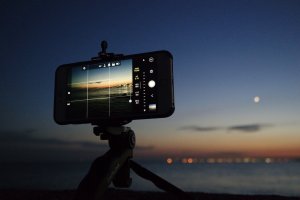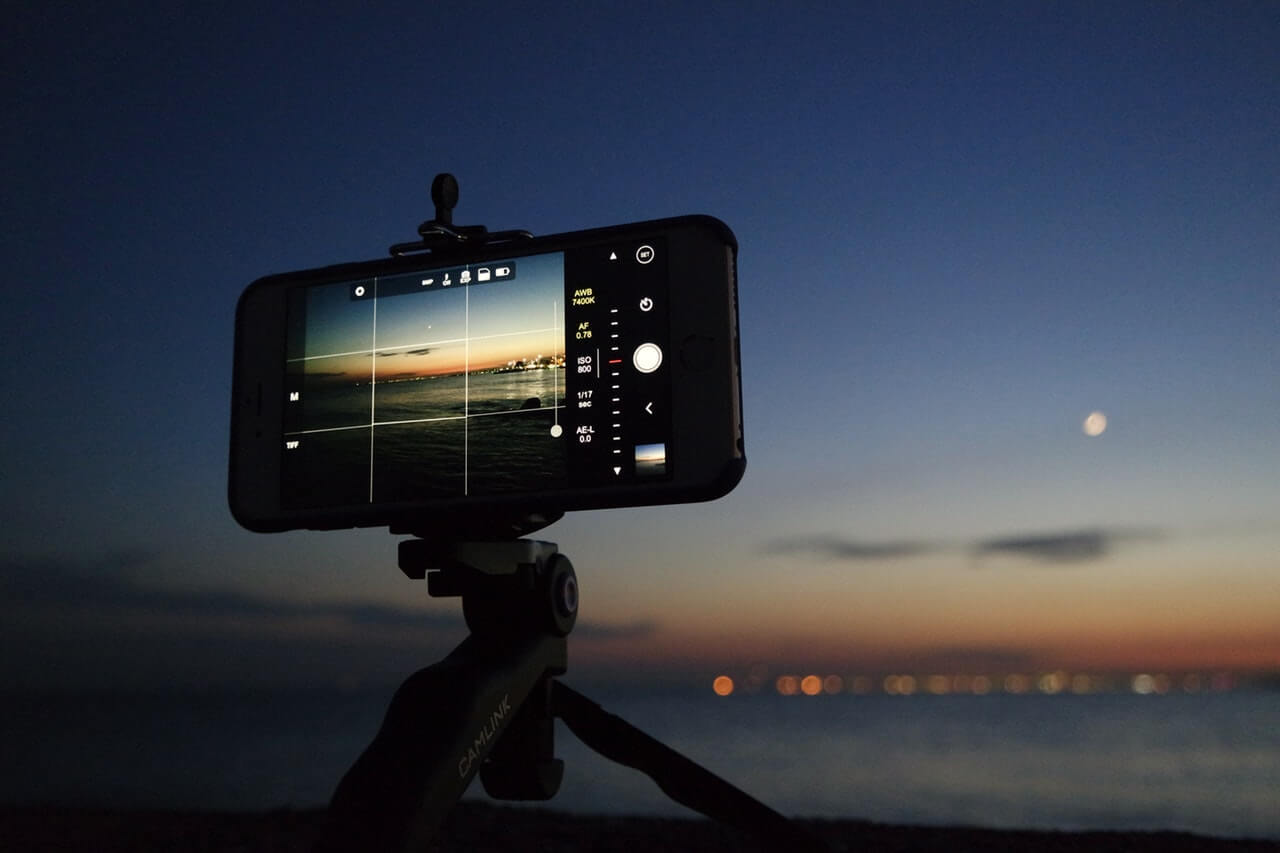So you are a photographer looking to protect your copyright in your photographs. You have learnt about embedding your photographs to protect your copyright, but you don’t really understand what copyright in photography actually entails in Nigeria. You have come to the right place.

In this third and final instalment of our three-part series on demystifying Nigerian Copyright law for the Nigerian Creative, we have simplified copyright law for photographers by breaking it down into 8 questions that tell you what copyright is and how you can use it to protect yourself as a photographer.
What does copyright protect?
Copyright protects original photographs that are fixed in a tangible form from which they can be perceived, reproduced or communicated.
Who has copyright in a photograph?
Copyright in a photograph resides in the person who took the photograph.
What if the photographer is working for someone else?
If a photographer is employed by the proprietor of a newspaper, magazine or similar periodical and takes photographs as part of his job description, then his employer shall, in the absence of any agreement to the contrary, be the first owner of copyright in the work in so far as the copyright relates to the publication of the work in any newspaper, magazine or similar periodical; or to the reproduction of the work for the purpose of its being so published. But in all other respects, the author shall remain the first owner of the copyright in the work.
For example, where you are hired to shoot photographs for a magazine, the owner of the magazine controls the use of those photographs for magazines, newspapers and similar periodicals. However, you control the use of such photographs for other uses such as inclusion in films.
How long does my copyright last?
Copyright in a photographic work subsists for fifty years after the end of the year in which the photograph was first published
What rights does a copyright owner have?
A copyright owner has the sole right to reproduce the photograph, make adaptations of the photograph, include the photograph in a cinematographic film or publish the photograph. He also has the right to prevent other people from doing any of the above without his permission.
Can I lose my copyright?
A copyright owner can assign all his rights or sell same, and if he does that, he has disposed of his right to reproduce the photograph, make adaptations of the photograph, include the photograph in a cinematographic film or publish the photograph or prevent anyone from doing any of the above. The right now resides in the assignee who can do with the photograph as he pleases.
The owner of copyright in a photograph can also assign or license some of his rights while retaining others. For example, he may license a photograph for use in a book. Such license, if properly worded in a contract, gives the licensee the right only to use the photograph in such book.
Whatever the case, the copyright owner would still be in possession of his moral rights which are inalienable, which means that they cannot be sold or assigned. This moral right is the right to claim authorship of his work or prevent modification of such work where it will affect the reputation or honour of the author.
If an illustration is made using my work or my work is retouched or digitally altered does this amount to copyright infringement?
Yes, it does. Where a photograph is retouched or edited or used as the basis for an illustration without the express permission of the copyright owner, this is regarded as a copyright infringement.
On the other hand, where after permission of the copyright owner is gotten, the photograph is significantly edited or digitally altered or an illustration is made based on the photograph, it could be regarded as a derivative work in which a new copyright resides.
Note that the copyright in the derivative work would reside in the creator of that derivative work, and anyone who wishes to use the derivative work would have to get the permission of the creator of that derivative work. This new copyright will not affect copyright in the original photograph.
When can people use my photographs without my permission?
Your photographs can be used without your permission if the copyright has expired, or if the copyright has not expired, but:
• The photograph is used by way of fair dealing. Fair dealing refers to use for research, private use, criticism, review or reporting subject to acknowledgement of authorship.
• The use is by way of “Parody, pastiche or caricature.”
• The inclusion in a film or broadcast of a photograph situated in a place where it can be viewed by the public.
• Incidental inclusion in a film or broadcast.
• It is used for educational purposes.
• It is used by the government for non-commercial purposes.
• It is reproduced for lawful broadcast purposes. That is, where your permission has been obtained for your photograph to be broadcast, the broadcaster can make copies, where necessary, for the broadcast.
• It is communicated in public by a non-profit club if no admission fee is charged.
(Please check the second schedule of the Copyright Act 2004 for more exceptions from copyright control)
Nothing in this article should be taken as legal advice, please contact a lawyer about your situation




2 comments
This lovely and inspiring.
How do I get my own copyright
Comments are closed.